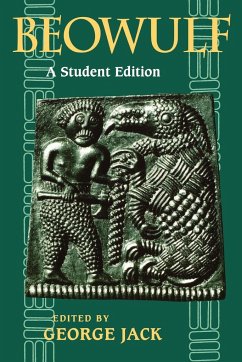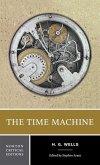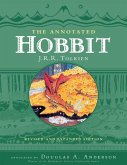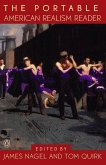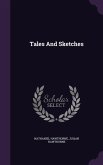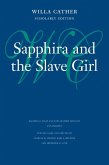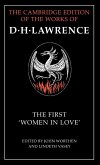Das altenglische Heldenepos Beowulf entstand wahrscheinlich im 8. Jahrhundert. Es handelt sich um das älteste und einzig vollständig erhaltene altgermanische Epos. Das Werk erzählt die Abenteuer des Helden Beowulf im Kampf gegen Unholde und weist an manchen Stellen märchenhafte Züge auf.
Beowulf, the major surviving poem in Old English, is composed in a language that is rich but often difficult. This fully annotated edition makes the poem more accessible in its original language, while at the same time providing the materials necessary for its detailed study at both undergraduate and postgraduate levels.
To facilitate understanding and fluent reading of the poem, the Old English text of Beowulf is here accompanied by an extensive running glossary which includes the greater part of the vocabulary of the poem. Words that occur more than once are glossed on each occasion. The inclusion of marginal glosses will enable readers who may be at an early stage in the study of Old English to cope more easily with the complex vocabulary of the poem. But this edition is not meant only for those
who are approaching Old English for the first time; it is designed to be suitable for students at any stage, and those who are already familiar with Old English will find the marginal glosses of value in enabling Beowulf to be read more fluently.
George Jack's introduction considers the origins and transmission of the poem, and provides a survey of its constituent materials. A full commentary on textual and interpretative problems, points of grammar and meaning, and matters of literary and historical context is provided, as is a guide to further reading on Beowulf. The text of the Finnsburh Fragment has also been included, because of its special relevance to Beowulf, and it is likewise accompanied by marginal glosses
and notes.
Beowulf, the major surviving poem in Old English, is composed in a language that is rich but often difficult. This fully annotated edition makes the poem more accessible in its original language, while at the same time providing the materials necessary for its detailed study at both undergraduate and postgraduate levels.
To facilitate understanding and fluent reading of the poem, the Old English text of Beowulf is here accompanied by an extensive running glossary which includes the greater part of the vocabulary of the poem. Words that occur more than once are glossed on each occasion. The inclusion of marginal glosses will enable readers who may be at an early stage in the study of Old English to cope more easily with the complex vocabulary of the poem. But this edition is not meant only for those
who are approaching Old English for the first time; it is designed to be suitable for students at any stage, and those who are already familiar with Old English will find the marginal glosses of value in enabling Beowulf to be read more fluently.
George Jack's introduction considers the origins and transmission of the poem, and provides a survey of its constituent materials. A full commentary on textual and interpretative problems, points of grammar and meaning, and matters of literary and historical context is provided, as is a guide to further reading on Beowulf. The text of the Finnsburh Fragment has also been included, because of its special relevance to Beowulf, and it is likewise accompanied by marginal glosses
and notes.

